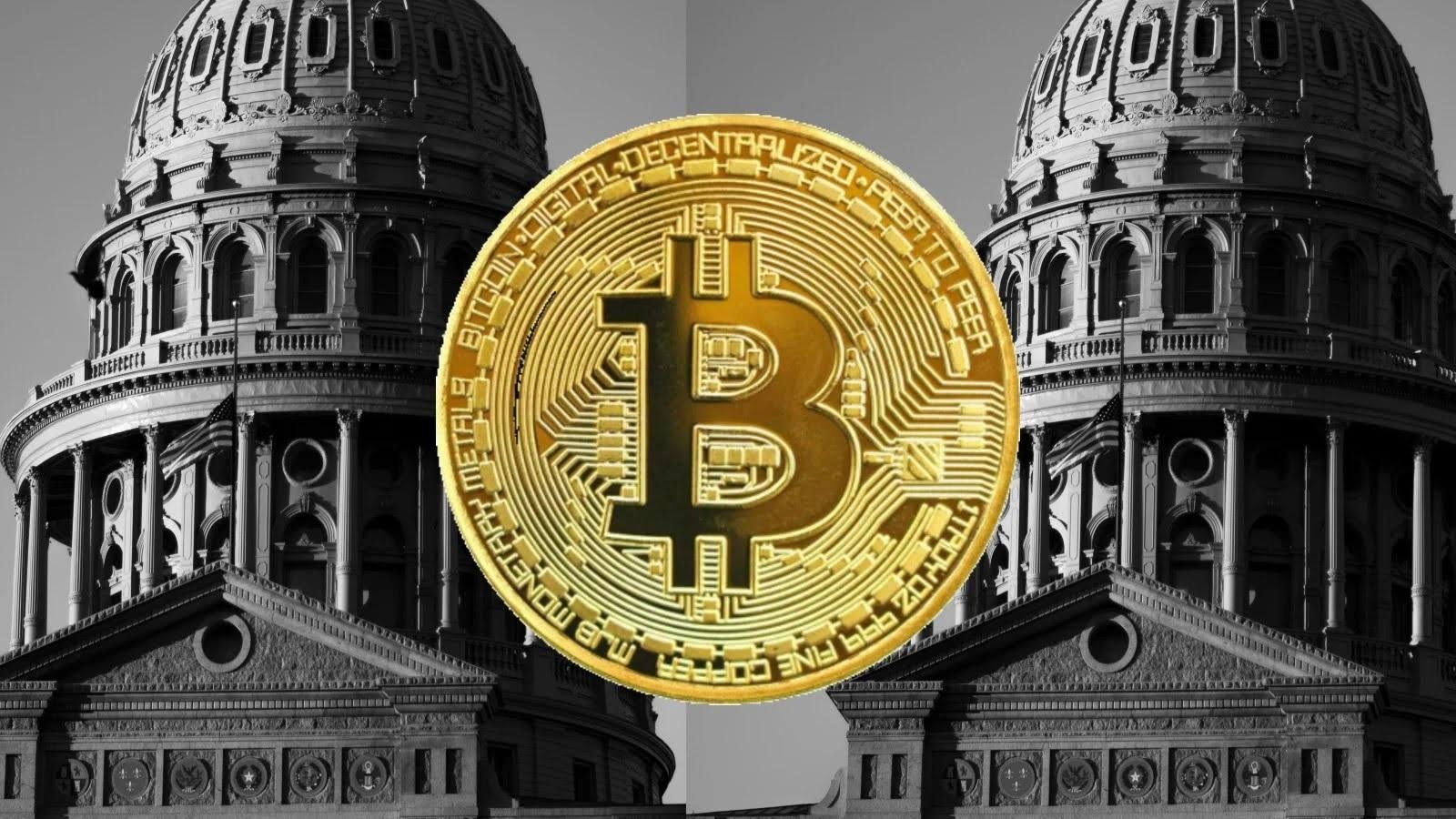Texas Commits to Bitcoin: First US State to Launch Official BTC Reserve Fund

Key Takeaways:
- Texas becomes the first U.S. state to establish a publicly funded Bitcoin reserve.
- Senate Bill 21 authorizes the state to hold BTC as a strategic financial asset outside its treasury.
- Only cryptocurrencies with a $500B+ market cap—currently just Bitcoin—are eligible for inclusion.
In a historic move that positions Texas at the forefront of crypto adoption in the United States, Governor Greg Abbott has signed Senate Bill 21 into law, officially creating the Texas Strategic Bitcoin Reserve. This initiative not only marks the state’s commitment to Bitcoin as a long-term asset but also sets a precedent for public sector investment in decentralized currencies.
Read More: Texas Proposes Strategic Bitcoin Reserve Amid Push for Crypto Sovereignty

A Strategic Hedge: Why Bitcoin, Why Now?
The legislation that was just signed into law enables Texas to not only treat Bitcoin as a speculative asset but as a fundamental part of its monetary policy. Through all the inflation fears, which fiat devaluation merely intensifies, and the economic confusion ensuing, the bill acknowledges that Bitcoin can be a hedge and economic resilience instrument.
Senate Bill 21 explicitly outlines that the reserve will operate independently from the state’s general treasury, emphasizing its unique and protected status. The law cites Bitcoin’s decentralized nature, fixed supply, and strong market position as the rationale for its inclusion as a state-held asset.
Importantly, the reserve can only hold digital assets that have averaged a 12-month market cap of $500 billion or more. That means at present, Bitcoin is the only applicable currency that can be held in the reserve.
How the Reserve Works: Governance, Custody, and Structure
Fund Administration and Oversight
The Texas Comptroller of Public Accounts will oversee the Texas Strategic Bitcoin Reserve. The reserves activities, including the purchase, retention, and sale of such assets, are conducted in a manner consistent with the fiduciary standards of care similar to those provided for in the prudent investor legislation. This entails third-party audits, custody via cold storage, and adherence to strict cybersecurity practices.
An advisory committee consisting of the Comptroller and three crypto investments experts to be appointed by warrant, will advise on portfolio management, valuation frameworks and the allocation of assets. Members of this committee are volunteers, but their role is critical to providing strategic direction and technical expertise.
Multiple Channels for Accumulation
The reserve may accumulate Bitcoin not only through direct purchase but also via:
- Airdrops
- Forked assets from existing holdings
- Public or private donations of digital currencies
- Investment earnings and staking rewards where applicable
Under the law, donors cannot impose restrictions on how their contributions are used, preserving full discretion with the state in how to manage the assets.
Cold Storage & Security: Protecting the State’s Digital Wealth
The legislation requires all crypto assets to be stored using secure cold storage solutions. These solutions must be:
- Tied to physical locations
- Offline and immune to internet-based threats
- Accessible only through robust, multi-factor authentication protocols
Additionally, the bill allows the Comptroller to hire qualified custodians and certified public accountants to manage or audit the reserve. This introduces a strong layer of private-sector involvement and helps meet transparency demands from the public and legislature alike.
Limited Use and Tight Controls on Liquidation
While the reserve is considered a financial buffer, it cannot be used at will. The Bitcoin can only be liquidated under certain circumstances, i.e.:
- Funding urgent state needs under cash management statutes
- Covering administrative costs directly tied to the reserve
- Actions explicitly authorized by the legislature
If at any time the reserve is temporarily deposited in the state treasury, the Comptroller must transfer both the principal and any interest due without delay, maintaining the value of the reserve.

Disclosure to the Public and Biennial Reporting
One of the main elements of the law is its focus on public accountability. The Comptroller shall prepare a biennium report which shall include:
- The amount of Bitcoin and other crypto held
- Estimated valuation as of the end of each fiscal biennium
- Changes in holdings over time, disaggregated by type
- Major actions taken in managing the reserve
These reports will be posted on the web and delivered to the Texas Legislature for continued legislative and public oversight.
Texas vs. Other States: Setting the Bar Higher
Texas is now the third state in the nation with laws on the books for cryptocurrency reserve provisions, along with Arizona and New Hampshire. But Texas is the first — and only — state to:
- Dedicate public funds to crypto investment
- Establish a fully independent reserve structure outside the state treasury
- Mandate investment only in crypto assets with $500B+ market caps, a de facto Bitcoin-only rule for now
Although the bill doesn’t specifically mention Bitcoin, the narrow market cap cutoff would disqualify nearly all other cryptocurrencies – a sign that the decision makers are approaching the subject carefully and deliberately.
Read More: Florida Takes Bold Step to Add Bitcoin to State Treasury Reserve
A Model for Other States or a Lone Star Gamble?
This daring step might compel other states in the U.S. to take another look at digital assets, particularly when the inflation factor and central bank monetary policies continue to be in a quandary. Already, big companies like MicroStrategy, Tesla and Block Inc. have proved that companies can hold Bitcoin as part of their treasuries.
The Texas proposal could serve as a model, particularly for states that have energy abundance (good for Bitcoin mining) and hope to become tech or crypto hubs.
The post Texas Commits to Bitcoin: First US State to Launch Official BTC Reserve Fund appeared first on CryptoNinjas.
